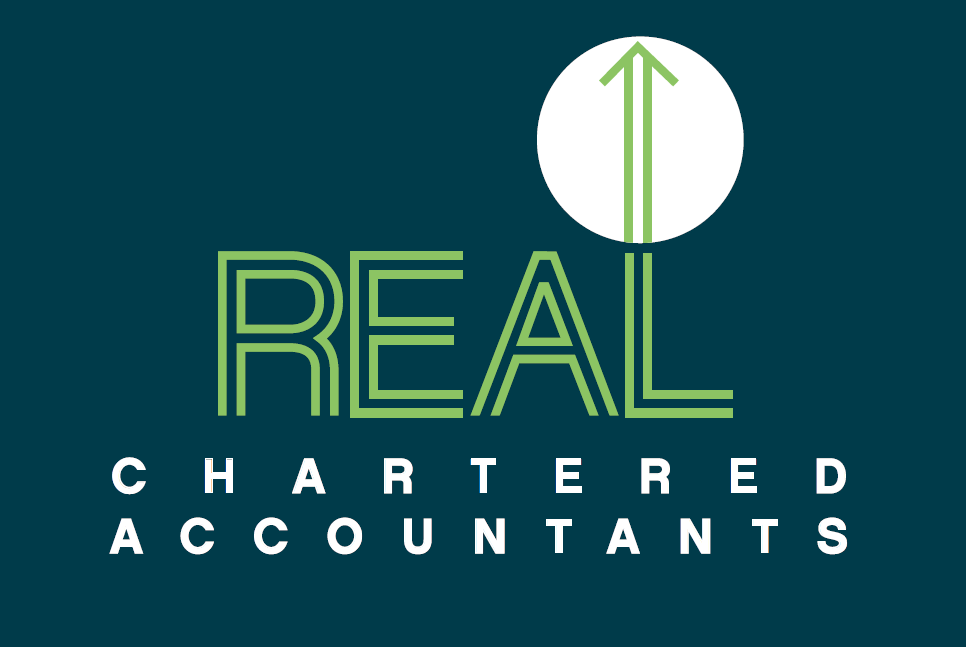NEWS
Essential Cash Flow Tips for Small Business Owners

Cash flow is the lifeblood of any business. Even a profitable company can struggle if it doesn’t have enough cash on hand to cover expenses. For small businesses in New Zealand, effective cash flow management is critical, especially during challenging times.
Here’s a quick guide to understanding cash flow and keeping it under control.
What Is Cash Flow?
Cash flow is the movement of money in and out of your business. Positive cash flow means you have more money coming in than going out, while negative cash flow indicates a shortfall. Unlike profit, cash flow reflects your business’s ability to pay its bills on time.
Common Cash Flow Challenges
- Late Payments: Customers delaying payments can create cash shortages.
- Seasonal Fluctuations: Revenue dips during quieter periods can strain finances.
- Poor Planning: Without a budget or forecast, you may struggle to anticipate cash flow needs.
Top Tips to Manage Cash Flow
- Monitor Regularly: Use tools like Xero to track cash flow and create forecasts.
- Invoice Promptly: Send invoices immediately and use automated reminders for overdue payments.
- Cut Unnecessary Costs: Review expenses and focus on essentials.
- Build a Cash Reserve: Save during profitable months to prepare for leaner periods.
- Plan for Seasonality: Budget for revenue peaks and troughs to avoid surprises.
Make Technology Your Ally
Accounting software like Xero, can simplify cash flow management. These platforms help you automate processes and gain clear insights into your financial health.
Take Control of Your Cash Flow
Proactive cash flow management is key to staying afloat in challenging times. Need help setting up a system? Contact our team today to learn how we can support your business success.
Disclaimer
This information is intended to provide general advice only. We recommend you discuss your specific situation with your Accountant.









